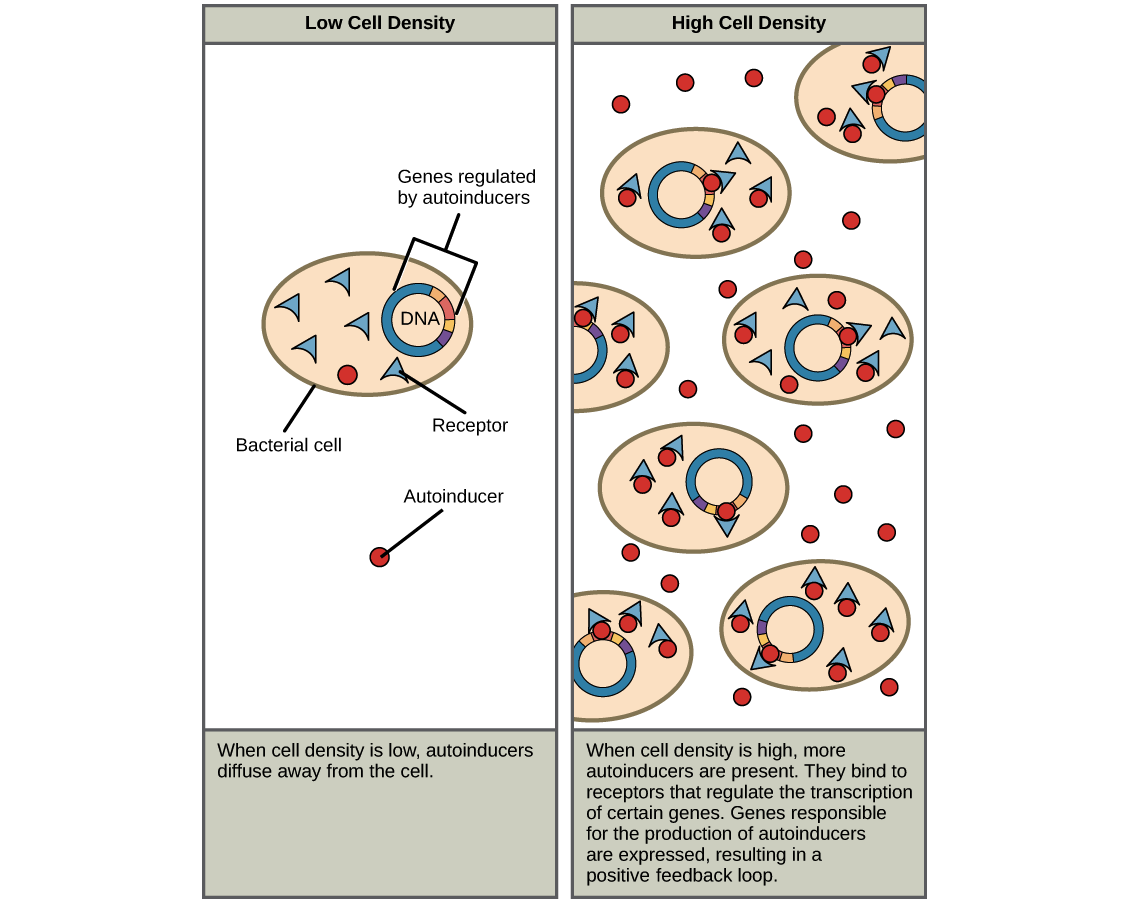Define Unicellular Math
A unicellular organism is made of only one cell.

Define unicellular math. Unicellular definition a unicellular organism is an organism that consists of a single cell. Amoebas bacteria and plankton are just some types of unicellular organisms. All prokaryotes are unicellular and are classified into bacteria and archaea. Unicellular adjective describing any microorganism that has a single cell.
A unicellular organism also known as a single celled organism is an organism that consists of only one cell unlike a multicellular organism that consists of multiple cells. This means all life processes such as reproduction feeding digestion and excretion occur in one cell. Unicellular organisms fall into two general categories. Unicellular organisms fall into two general categories.
Wiktionary 0 00 0 votes rate this definition. Unicellular noun a single celled organism. A unicellular organism also known as a single celled organism is an organism that consists of a single cell unlike a multicellular organism that consists of multiple cells. Historically the simple single celled organisms have sometimes been referred to as monads.
Thus the process of cell replication and reproduction in these unicellular entities are the same in contrast to that observed in multicellular organisms. Unicellular entities fulfill their nutritional requirements through a process known as phagocytosis which enables the single celled entities to take food to the inside of the cell body in order to digest food. Prokaryotic organisms and eukaryotic organisms unicellular. They reproduce through asexual means through the process of replication.
The main groups of unicellular organisms are bacteria archaea protozoa unicellular algae and unicellular fungi.























